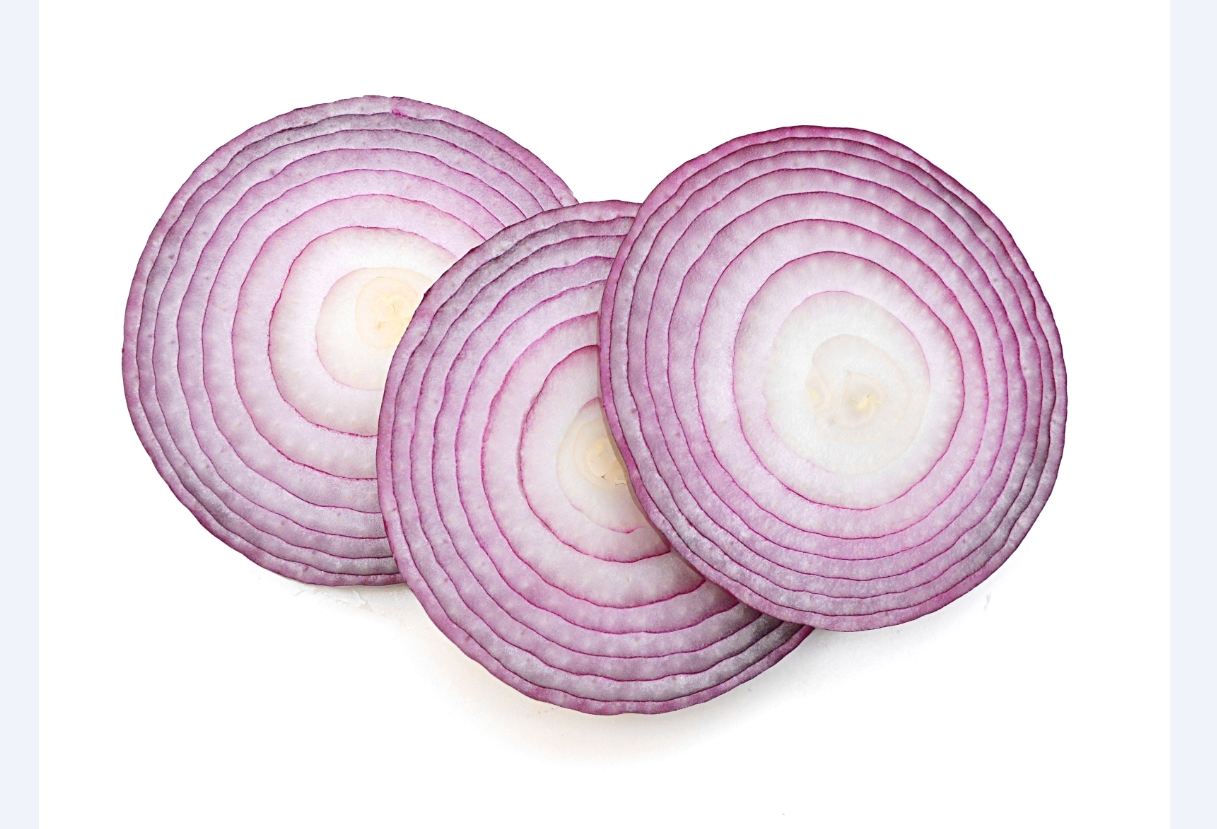Thinning hair refers to minor to moderate hair loss. Unlike widespread hair loss, thinning hair doesn’t necessarily cause baldness. It does, however, give the appearance of thinner spots of hair on your head.
Thinning hair happens gradually, which means you have time to pinpoint the causes and figure out the best treatment measures.
What causes it?
Thinning hair may be caused by lifestyle habits, genetics, or both. Certain medical conditions may also lead to thinning hair. According to the American Academy of Dermatology (AAD), it’s normal to lose 50 to 100 hairs per day. Any more than this means you could be shedding more than you should.
Lifestyle habits are a key contributor to thinning hair. These include:
- Over-treating your hair. This includes color treatments, perms, relaxers, and more.
- Using harsh hair products, such as extreme-hold hair sprays and gels. Temporary color can also be harsh for your hair.
- Wearing your hair up too tightly. Whether you’re wearing an up-do or pulling your hair up in a ponytail for working out, this can tug on your hair and break it from the follicles, causing thin spots over time.
- Not getting enough iron, folic acid, and other minerals in your diet. These all help follicles produce hair naturally.
- Experiencing uncontrolled stress. Stress is related to an uptick in hormones like cortisol. Too many stress hormones may kill off new hairs that are trying to grow from the hair follicles.
Thinning hair may also be hereditary. Underlying medical considerations can also lead to this condition. You might have thinning hair if you:
- recently had a baby
- stop taking birth control pills
- are going through hormonal changes
- have lost more than 20 pounds in a short amount of time
- are being treated for an autoimmune disease
- have immune system deficiencies
- have a skin disorder or infection
Less commonly, thinning hair may be caused by:
- pulling at your own hair
- eating disorders
- a high fever
- Treatments For Thinning Hair
Diet dos: If you’re vegetarian or anemic, you may lack adequate iron, which is essential for strong, healthy hair. Make sure you’re eating plenty of leafy greens—such as spinach, kale, and chard—and beans, tofu, or lean cuts of red meat, which are all great sources of iron as well as biotin and zinc, two nutrients that may also play a role in hair growth.
Scalp massage: Many pros suggest scalp massage for clients with thinning hair. “Use your fingertips and a bit of argan or coconut oil to rub in a circular motion for several minutes before you shampoo,” says John Masters, owner of John Masters Organic Salon. Mary Lupo, MD, a clinical professor of dermatology at Tulane Medical School and a Prevention medical advisory board member, says the theory is that massage temporarily increases circulation to the scalp, which may pump hair follicles with the nutrients needed for hair growth.
Minoxidil: As the only FDA-approved proven ingredient to improve hair loss, Minoxidil has years of research to back it up—and about 50 percent of women using it see improvement. “Minoxidil can enhance the size of the follicle so that it produces a bigger strand of hair,” explains Wilma Bergfeld, MD, a Cleveland Clinic dermatologist. Try Women’s Rogaine Treatment for Hair Loss & Hair Thinning Once-A-Day Minoxidil Foam.
Laser treatments: Laser treatments reduce the inflammation in follicles that inhibits them from regenerating. In a recent study, researchers saw significant increases in density after 26 weeks of twice-weekly treatments with a take-home device with medical-grade lasers like the HairMax LaserBand.
Viviscal: Sometimes a supplement is all you need. “The combination of fish protein, vitamin C, zinc, biotin, and niacin in Viviscal supplements encourages the body to produce healthier, thicker strands,” says New York City dermatologist Joshua Zeichner, MD.
DHT-blocking shampoo: Hair loss is sometimes caused by a hormone called DHT, which restricts blood supply to hair follicles, causing them to fall out. Art Naturals Organic Argan Oil Hair Loss Shampoo contains DHT blockers that ward off hair loss.




